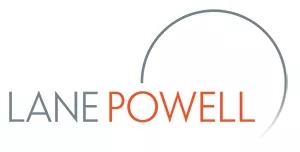You already know that discovery is usually limited in appeals of the denial of ERISA-governed benefits. This is especially true when there is de novo review.
But watch out if a breach of fiduciary duty claim is asserted. That same rule (prohibiting discovery) does not apply when a party seeks discovery into purported breaches of fiduciary duty under 29 USC 1132(a)(3).
Here's the case of Friemon v. National Carriers' Conference Committee and Union Pacific Railroad Company, 2018 WL 6171439 ( E.D. Missouri November 26, 2018).
FACTS: Friemon sought ERISA-governed Supplemental Sickness Benefits after sustaining injuries in a head-on auto accident. After Aetna denied the claim, Plaintiff brought suit claiming his benefits were: (1) wrongly denied, and that (2) the employer breached a fiduciary duty under 29 USC 1132(a)(3) essentially by failing "to provide the necessary paperwork to apply" for the benefits.
Even though there was no evidence the employer was even a fiduciary of the plan, Plaintiff sought discovery on the breach of fiduciary duty claim.
ISSUE: Is discovery allowed with regard to a breach of fiduciary duty claim under 29 USC 1132(a)(3)?
DISTRICT COURT HELD: YES.
- "The Court finds it would be premature to determine [the employer's] fiduciary status at this early stage of the proceeding." Op. at 4.
- "'[T]he general rule is that review is limited to evidence that was before the administrator.'" Op. at 3.
- "This limitation on discovery does not apply, however 'to claims involving ERISA plans when the claims are for equitable relief under 1132(a)(3) or for equitable estoppel. ...This is so because these types of actions 'do not benefit from the administrative process.'" Op. at 3.
The content of this article is intended to provide a general guide to the subject matter. Specialist advice should be sought about your specific circumstances.

